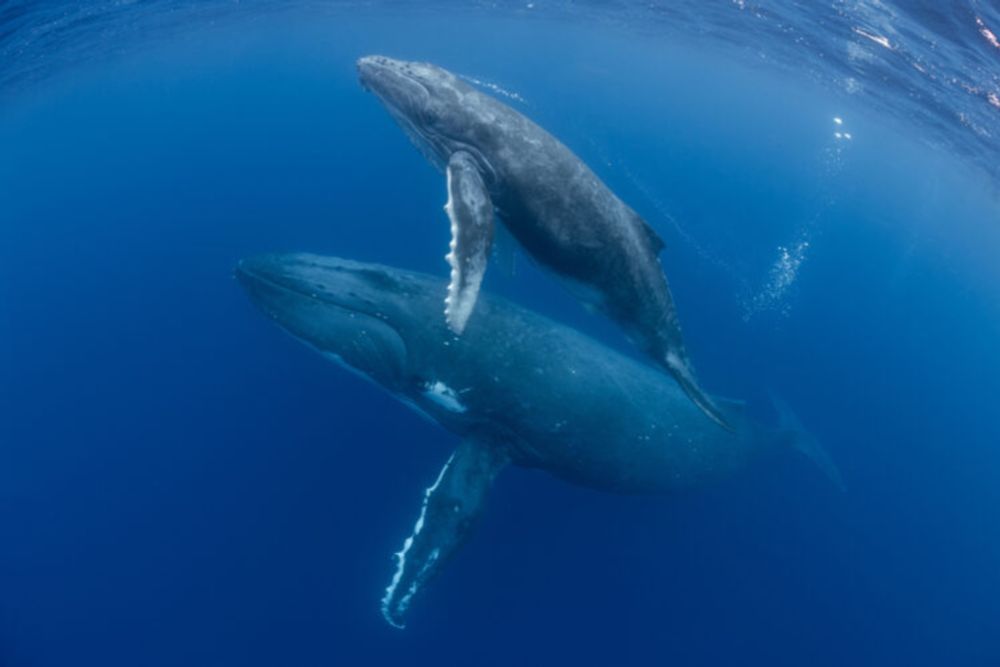UW News
@uwnews.uw.edu
400 followers
200 following
170 posts
Experts, research and administration news from the University of Washington. Media assistance: [email protected].
Posts
Media
Videos
Starter Packs
UW News
@uwnews.uw.edu
· 1d

Q&A: What to know about the UW biology degree that launched Nobel Prize laureate Mary Brunkow
The Nobel Assembly at the Karolinska Institute on Monday awarded the 2025 Nobel Prize in Physiology or Medicine jointly to Mary E. Brunkow — an alum of the University of Washington — along with...
www.washington.edu
Reposted by UW News
UW News
@uwnews.uw.edu
· 5d

Q&A: From TVs to the future of computing, UW professor explains what makes quantum dots shine
Quantum dots, which are 10,000 times smaller than the width of a human hair, are unique materials that generate very specific colors of light. Researchers, including Brandi Cossairt, UW professor of...
www.washington.edu
UW News
@uwnews.uw.edu
· 6d

After schools instituted universal free meals, fewer students had high blood pressure, UW study finds
Students schools that offered free meals to all students were less likely to have high blood pressure, suggesting that universal free meals might be a powerful tool for improving public health.
www.washington.edu
UW News
@uwnews.uw.edu
· 8d

Community Notes help reduce the virality of false information on X, study finds
A University of Washington-led study of X found that posts with Community Notes attached were less prone to going viral and got less engagement. After getting a Community Note, on average, reposts...
www.washington.edu
UW News
@uwnews.uw.edu
· 12d

Q&A: Transparency in medical AI systems is vital, UW researchers say
In a recent paper, University of Washington researchers argue that a key standard for deploying medical AI is transparency — that is, using various methods to clarify how a medical AI system arrives...
www.washington.edu
UW News
@uwnews.uw.edu
· 19d

UW School of Dentistry shows its commitment to service through free clinics across Washington state
UW dental students, faculty members and community volunteers provide free care to communities across Washington, serving hundreds of patients each academic quarter.
www.washington.edu
Reposted by UW News
Reposted by UW News


























